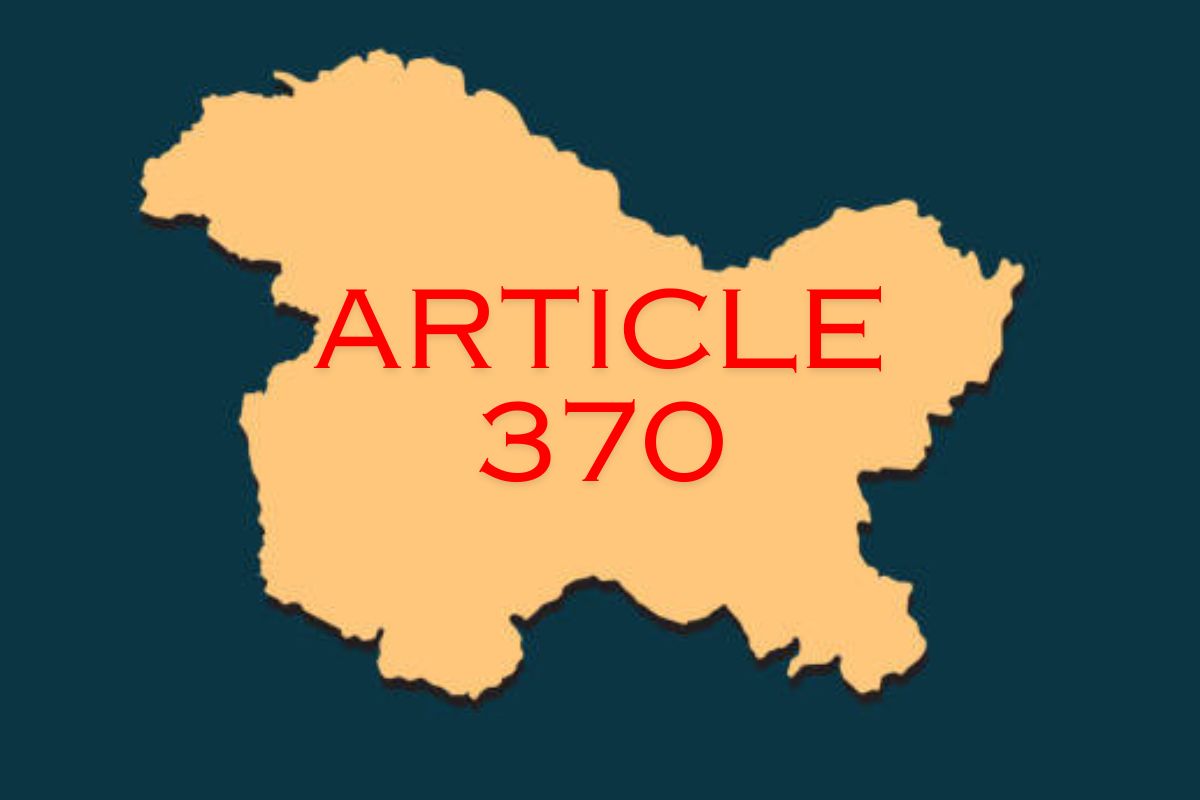NEW DELHI: In a historical first, the Supreme Court passed its verdict in favour of the government’s decision to abrogate Article 370, on Monday, calling the Union Territory of Jammu and Kashmir an essential part of the country.
The SC’s judgment has officially ended the special status conferred upon the former state of Jammu and Kashmir, as the Chief Justice DY Chandrachud-led bench held the Constitutional order that abrogated the Article. The five-judge bench also included Justices S K Kaul, Sanjeev Khanna, B R Gavai and Surya Kant.
FLASH: Even before the #SupremeCourtOfIndia‘s judgment on #Article370, Kapil Sibal seemed to concede defeat, stating ‘Some battles are fought to be lost.’
The CJI emphasizes that #Article370 is temporary, and SC holds that #JammuAndKashmir did not retain internal sovereignty… pic.twitter.com/wP9rnxmzZ7
— The New Indian (@TheNewIndian_in) December 11, 2023
Solicitor General Tushar Mehta highlighted the judgement as “historical” and “rare” in the history of Indian jurisprudence. “The highest court of the country, the most powerful court in the world, has stood by the constitutional values and has secured to all residents of Jammu and Kashmir their legitimate rights which they were deprived of since independence while taking care of democratic election also,” he said.
FLASH: Prime Minister Modi hails today’s #SupremeCourtOfIndia‘s verdict on #Article370, calling it a ‘historic’ affirmation of unity and progress in Jammu, Kashmir, and Ladakh.
“The verdict today is not just a legal judgment; it is a beacon of hope, a promise of a brighter… pic.twitter.com/Saslujmwz2
— The New Indian (@TheNewIndian_in) December 11, 2023
He further added, “Today will go down in the history of India when a Himalayan constitutional blunder of the past with gigantic proportion is ultimately corrected by the Government.”
Delving into similar sentiments, CJI Chandrachud also highlighted that the provisions of Article 370 were always meant to act for a temporary period. He further illustrated that the restoration of the Valley’s statehood should be restored at the earliest, while directing the Election Commission to conduct elections to the legislative assembly by September 30, 2024.
CJI : State of J&K does not retain any element of sovereignty. It does not have internal sovereignty. #Article370 a feature of asymmetric federalism and not sovereignty. https://t.co/ZHH6M5GQbl
— The New Indian (@TheNewIndian_in) December 11, 2023
“Article 370 is a temporary provision on a reading of the historical context in which it was included. It served the transitional purpose to provide for an interim arrangement, till the J&K Constituent Assembly could be formed and it could ratify the Indian Constitution. Second, it served a purpose in the war-like situation prevailing in the state,” said the CJI.
“The proclamation of Maharaja stated that the Constitution of India will supersede. With this, the para of Instrument of Accession ceases to exist….Article 370 was an interim arrangement due to war conditions in the State. Textual reading also indicates that Article 370 is a temporary provision,” the Court said.
The Apex court also mentioned that the argument of petitioners that the Union government cannot take actions of irreversible consequences in the State during Presidential rule is not acceptable.
Chandrachud further illustrated that the state’s Constitution did not ensure the state with exclusive sovereignty, free from the law and order in the country. “It was only to further the relationship with the Union which was already defined under Article 370 and the proclamation by Yuvraj Karan Singh,” he said.
FLASH: #SupremeCourtOfIndia orders holding elections in Jammu and Kashmir by September 2024 after Lok Sabha elections. #Article370 #JammuAndKashmir pic.twitter.com/GWxNLco9Wn
— The New Indian (@TheNewIndian_in) December 11, 2023
Following the judgement, former Chief Minister, Omar Abdullah, accused the police officials of placing multiple senior political leaders under house arrest, including Abdullah himself and former CM Mehbooba Mufti.
However, Lieutenant Governor Manoj Sinha has refuted the claims, calling it a “smear campaign”.
Attorney General R Venkataramani and Solicitor General Tushar Mehta appeared for Centre. Senior advocate Kapil Sibal, appearing on behalf of the petitioners, had opened the arguments, saying Article 370 was no longer a “temporary provision” and had assumed permanence post the dissolution of the Constituent Assembly of Jammu and Kashmir.
He had contended that the Parliament could not have declared itself to be the legislature of J-K to facilitate the abrogation of Article 370, as Article 354 of the Constitution does not authorise such an exercise of power.
On August 5, 2019, the Central government announced the revocation of the special status of Jammu and Kashmir granted under Article 370 and split the region into two union territories.

